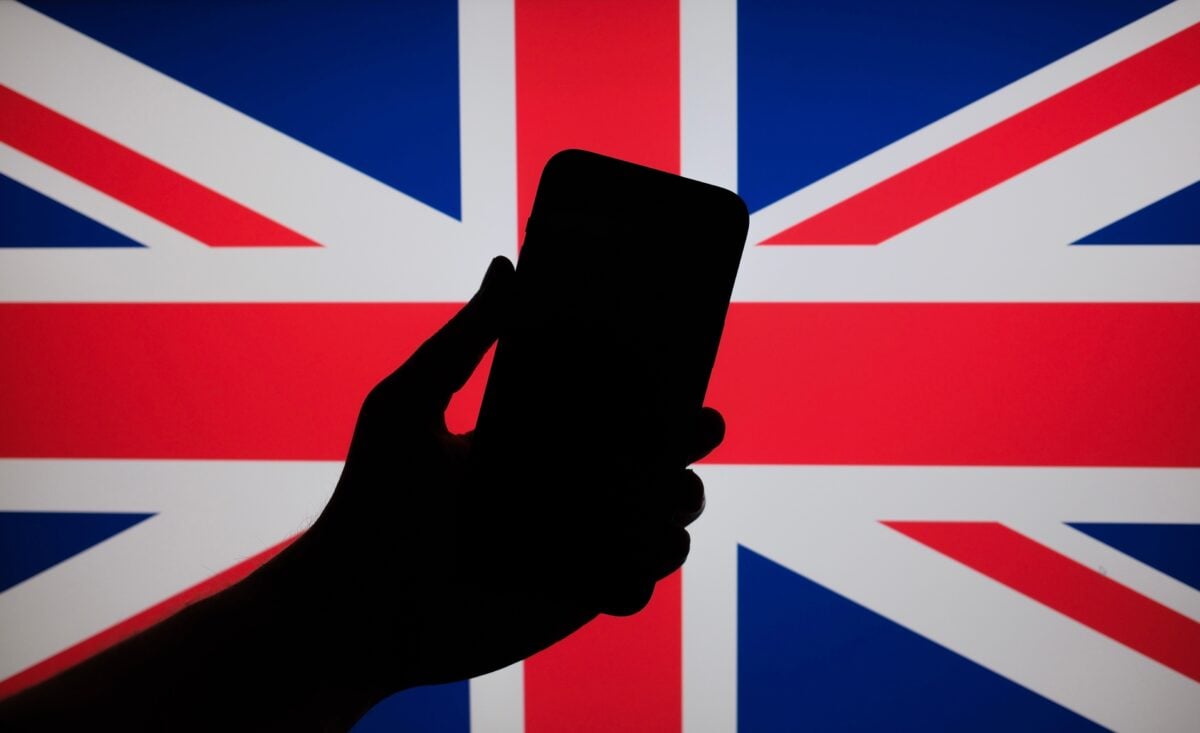TLDRs:
Contents
- UK enforces new rules requiring age checks on porn sites to block minors from accessing explicit content.
- From July 25, websites must prove users are 18+ using methods like ID scans or facial estimation.
- Ofcom warns non-compliant platforms will face consequences under the Online Safety Act.
- Privacy experts raise concerns about data misuse, surveillance, and potential risks to user anonymity.
A sweeping legal shift has taken effect in the UK as of July 25, requiring all websites and apps hosting pornographic content to verify that users are over 18.
Under the Online Safety Act, tech companies are now mandated to enforce “highly effective” age verification systems, in a government-led effort to protect children from harmful digital exposure.
The move follows alarming research from UK regulator Ofcom, showing that up to 19% of boys aged 13–14 and 11% of girls had accessed pornography within a single month. The government hopes these checks will mirror safeguards used for other adult products, such as alcohol or gambling.
“Children have been a click away from explicit content for far too long,” said Ofcom’s online safety director Oliver Griffiths. “This law brings adult content into line with the way we regulate age-restricted services in the real world.”
How the Age Verification System Works
Websites now employ a variety of tools to determine a user’s age. These range from direct methods like uploading a passport and selfie for ID-matching, to indirect approaches involving third-party verification services. Some services, like Verifymy, use credit card validation and two-factor authentication, while others rely on mobile providers or even open banking data.
Facial age estimation, used by platforms like X (formerly Twitter), scans user images to guess their age , a method prone to inaccuracies. Reddit, Discord, and Pornhub are among the major players rolling out verification tech in compliance.
Despite the law’s intentions, platforms must ensure verification doesn’t block access for legal adults or compromise their privacy. The rules require that platforms implement these safeguards without storing excessive user data or linking identities to browsing behavior.
Experts Warn of Serious Privacy Trade-offs
However, cybersecurity experts warn that the rollout comes at a steep privacy cost. Professor Eerke Boiten, a cybersecurity expert from De Montfort University, said the enforcement risks creating new forms of digital surveillance.
“Most people would be uncomfortable uploading passports and selfies to porn sites,” Boiten explained. “It eliminates anonymity and opens the door to abuse, tracking, and data leaks.”
Even when third-party intermediaries verify age on behalf of websites, the process creates new risks. Linking data from various sources, such as emails, devices, or bank accounts, could gradually erode user privacy by building detailed behavioral profiles.
“We are not just verifying age, we’re laying the groundwork for an intrusive, surveillance-heavy internet future.” Boiten noted.
Balancing Safety and Civil Liberties
As noble as the goal of protecting children may be, critics argue that blunt technical measures may overreach, blocking educational sex content or LGBTQ+ resources. Overblocking by AI filters could inadvertently cut off legitimate information for teens.
Moreover, critics question whether such sweeping controls will succeed in their goals, especially as determined minors may still use VPNs or obtain black-market credentials to bypass restrictions.
Still, for now, the UK stands at the forefront of digital age regulation, testing the boundaries between child protection and adult privacy in the 21st century.


